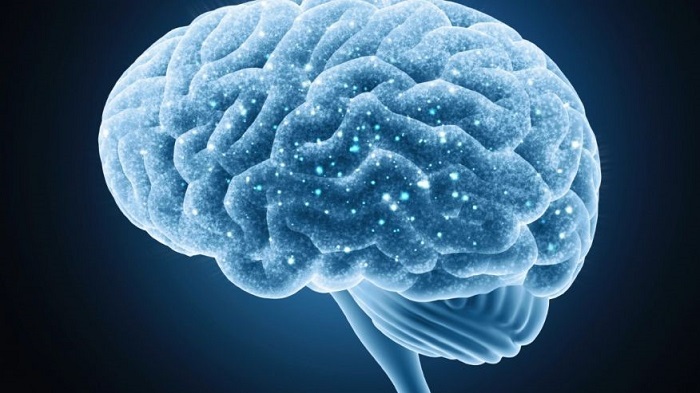This therapy may help reverse memory loss in people with early stages of Alzheimer`s

The MEND (Metabolic Enhancement for Neurodegeneration) program contains 36 items which are tailored to individual patients. The regimen incorporates some of the lifestyle measures long recommended to preserve brain function, such as diet, exercise, good sleep, and stimulating the brain, along with drugs and vitamins to enhance brain chemistry.
The authors did MRI scans and neuropsychological testing on the patients, who had a variety of signs and symptoms of Alzheimer`s disease, including memory trouble, a family history of dementia, and in many cases, a risk-boosting genetic variation called ApoE-e4. The paper consists of a series of case studies.
One 66-year-old man who had had "senior moments" for two years, shed 18 pounds after three months on the protocol and stopped forgetting things. When he went off the program for three weeks, the senior moments, such as leaving the car idling in the driveway, returned. This man also showed a large increase in the volume of the hippocampus, which is a part of the brain connected with memory.
Another man who was shutting down his business after 11 years of memory loss, regained not only his memory but also his work abilities, including his knack for doing mathematical calculations in his head. Rather than close his business, he expanded it.
Other participants were able to work again, picked up playing guitar again, and even regained foreign language abilities.
In addition to increases in the volume of the hippocampus, a part of the brain that can shrink in Alzheimer`s patients, the study authors noted other biological changes, including improvements in CRP, a marker of inflammation, as well as glucose metabolism and insulin levels.
Dr. Jessica Zwerling, associate director of the Montefiore Einstein Center for the Aging Brain in New York City, notes that the people in the study were clearly very motivated to take charge of their health. It`s not clear how well this protocol would work with other groups of people.
"Statistics [show] a growing population of individuals that may have poor health literacy," she said. "[The patient group in this study] does represent a niche."
Given the success of the MEND protocol in this study, the authors suggest that more widespread genetic testing of ApoE-e4 is in order. However, ApoE-e4 is very common—82 million Americans carry one or two copies of the gene, inherited from one or both parents—and having it doesn`t mean you will necessarily get the memory-robbing condition.
Zwerling doesn`t think it`s quite time to start testing people for the gene.
"I think it`s a wonderfully comprehensive approach, a very detailed 36-point approach looking at neurodegeneration in a comprehensive way, but people should not go and request genetic testing," she said. "We don`t have any disease modifying drugs yet."















































